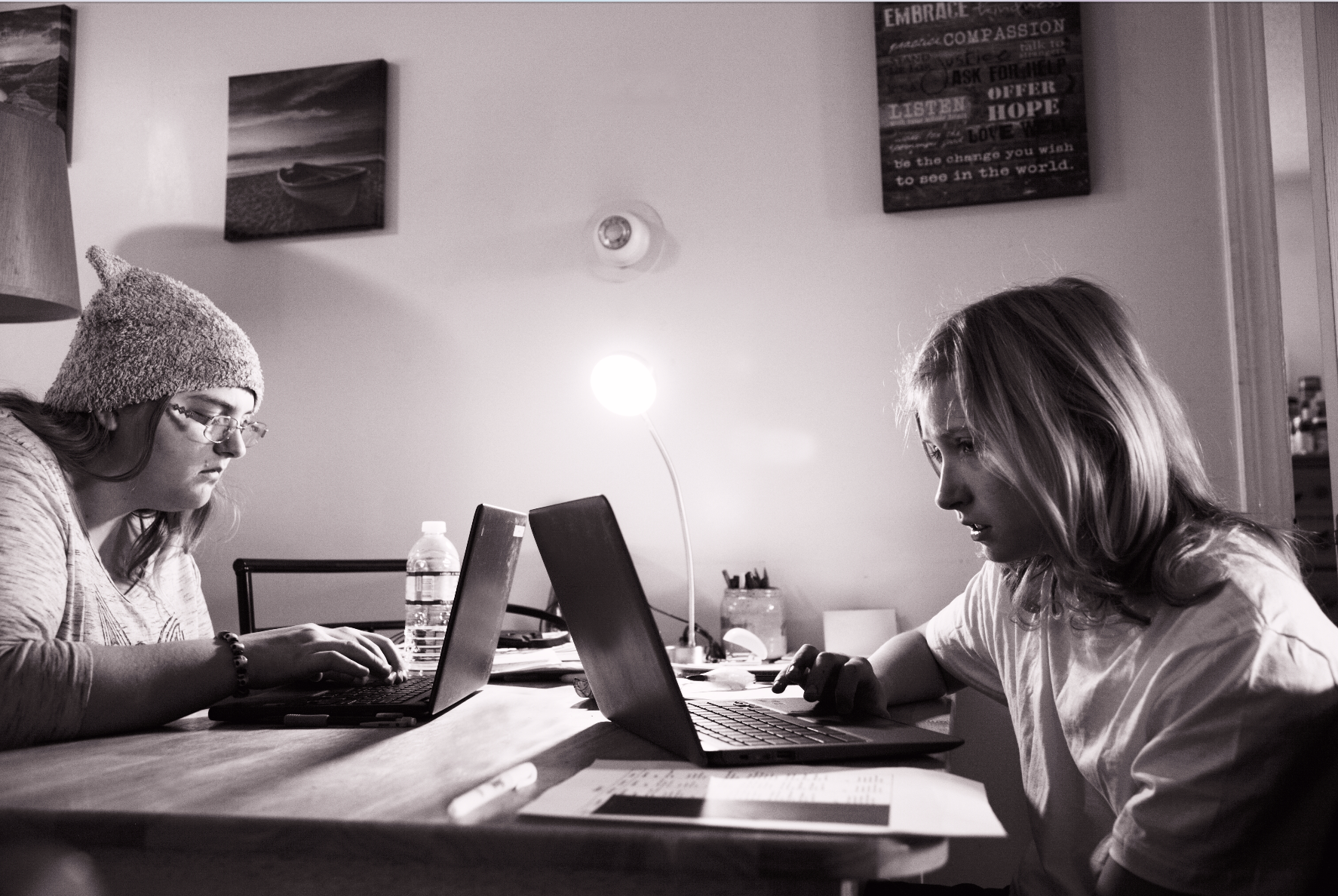A guest blog by graduate, Jhenn Brook
We are always looking to collaborate with current students or recent graduates on blog articles that offer advice to anyone thinking about coming to university. We’ve been speaking to some REAL students and graduates about their experiences. Hopefully, it answers any questions you may have about life at university in this current climate.
Here, Jhenn offers her take on preparing for university in a new world.
Hey guys, I’m Jhenn Brook and I’ve written this blog to hopefully give you some guidance now you’ve moved to university or are moving in the next few months. I hope you find it helpful!
Understanding the Challenges in Education
Pursuing tertiary education is by far one of the most challenging and stressful events in one’s life. If you are a student who is moving to another city or country to have better access to quality education, the stress you have to face grows tenfold. Students are bombarded with the stress of living alone or with strangers, finding friends, balancing their own finances, and passing their university classes. These challenges can make university life a lot harder than it has to be. Thankfully, there are a lot of things you can do to brace yourself for a completely different academic setup:
Develop good STUDY HABITS
Distance learning comes with a lot of unique challenges, and as a student, there is no better way to prepare for it than by developing good study habits. Understood mentioned that you can begin by having a designated studying spot, a checklist, a stress management strategy and a formal schedule.
If you want to further improve your study habits before the school year starts, try enrolling in an online class that piques your interest and aligns with your passion. In his article on the best online learning platforms, digital nomad James Gonzales mentioned how there are a lot of sites out there such as Udemy, Coursera and edX offer short free courses in various fields such as business, fine arts, design, and humanities. This simple trick will not only put your study habits to the test, but it will also help you learn new things and give you a feel of what distance learning would be like.
Entertain a change of scenery
More and more people are suffering from restlessness, decreased motivation, hopelessness, difficulties in concentrating, lethargy and bouts of sadness. According to an article by the Healthline, all of these are signs of cabin fever or the distress that one feels when stuck in an isolated location for an extended period of time. One thing you can do to keep cabin fever at bay is entertaining a change of scenery. In her article on CNBC, health reporter Cory Stieg explained how a change of scenery can boost your well-being and mood, thereby alleviating some of the negative symptoms of cabin fever. Whether it’s moving from a crowded library to a serene park or from your bedroom desk to a cosy café, altering your surroundings can break the monotony and boost motivation.
Here in Vita Student, we have bookable study rooms that students can use with their friends. To ensure safety, all rooms are at capped capacity with social distancing and sanitising stations in place. Simply book your time slot via the Vita Student App.
This simple yet powerful approach can help rejuvenate your study habits, making the process of tackling academic challenges more manageable and less overwhelming.
Stay connected and socialise safely
Navigating the challenges in education can be daunting, but staying connected and socialising safely can significantly alleviate academic stress. Building a support network with fellow students, friends, and family members provides emotional and practical support, creating a sense of belonging and shared experience. Engaging in virtual study groups, attending online social events, or participating in discussion forums are excellent ways to maintain social connections while adhering to safety guidelines. These interactions not only enhance learning through collaboration but also provide essential emotional support, helping you stay motivated and resilient in the face of academic challenges.
Take the time to care for your mental well-being
Your education and university classes are important, but not more than your overall well-being. It’s crucial for students to take the time to care for their mental health. As a student, Thrive Global emphasised that you can do this by working towards self-acceptance and learning how to be comfortable with the mistakes you might make throughout your university life. In addition to this, you can also look into virtual counselling. For instance, here at Vita Student, we have UNIHEADS, which is a student-focused mental health platform that students can access free of charge.
I hope you find the above useful and good luck to everyone with their studies! Thanks for reading.
Find out more about Vita Student and how to secure your place for 2025/26.



